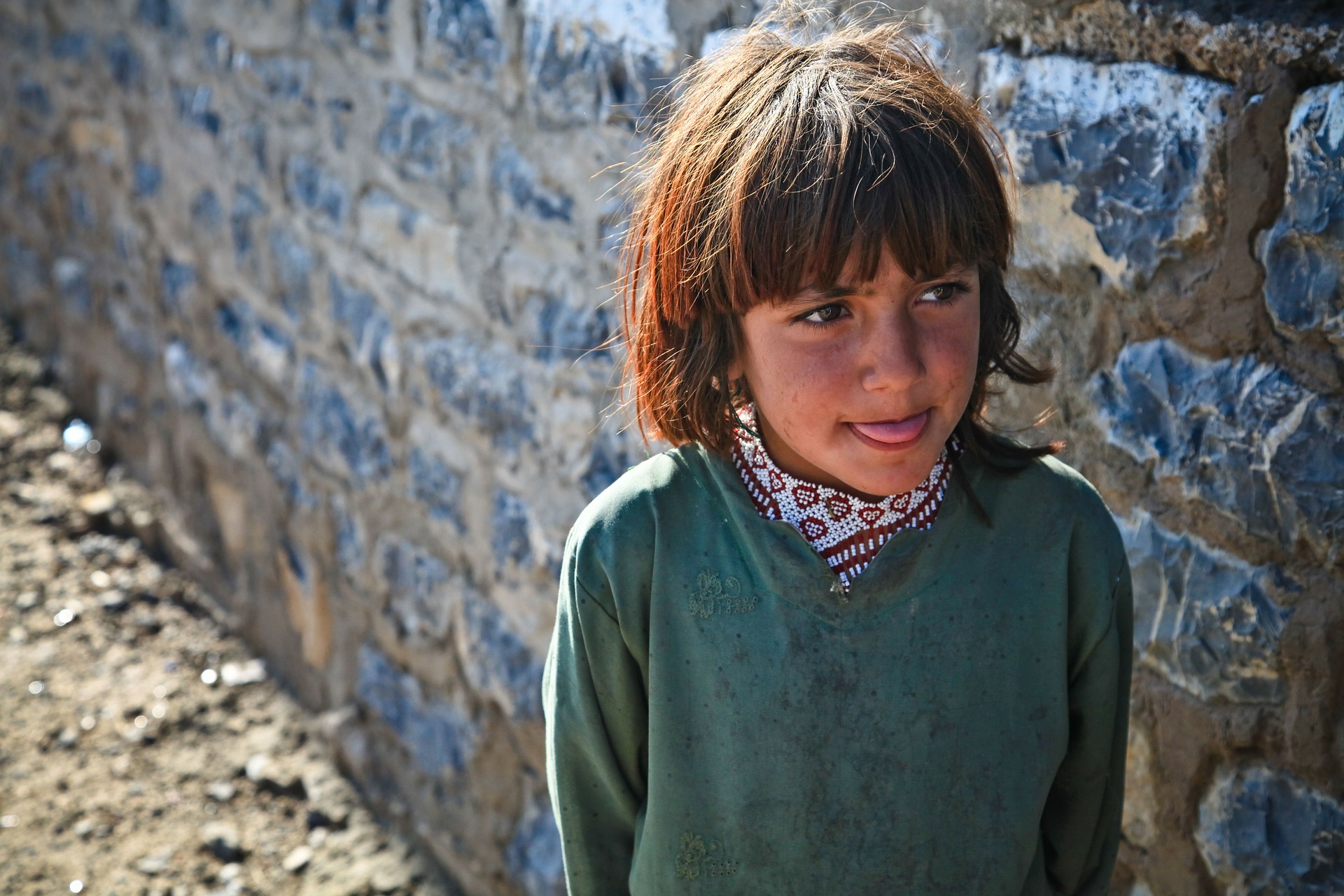An “Envelope” Economy
We have, by backing Karzai, contributed to an exponential increase in poppy cultivation, delinquency, and drug trafficking, another reason why a long-term engagement, unlike what Ms. Clinton and Mr. Gates have sustained, is necessary to clear the ranks of drug-smuggling thugs, including Ahmed Wali Karzai, Mr. Karzai’s brother who is head of the provincial council in Kandahar and believed responsible for the widespread vote-rigging in Kandahar. Under Ahmed Wali Karzai’s protective cocoon Colonel Razik, the major drug pin in the region, and others like him, thrive on the return of widespread opium cultivation. Invasion of Afghanistan nipped al-Qaeda in the bud, depriving the terrorists of their nuclear ambitions, which needs state sponsorship. Our hasty departure may change that. Not to mention that the lawlessness of Afghanistan translates into cheap smack flooding our streets. It is, therefore, not time to pack our bags and make a shamed-faced departure, as Mr. Gates and Ms. Clinton have suggested.
Afghanistan needs roads, hospitals, electricity, and schools. It would take a decade or so to upgrade the country’s infrastructures, nudging it toward a free state, while building good faith, implement allocative efficiency, and pulling the army out as competent civil actors take their place. In the meantime upgrading the army’s Civil Affairs Units—experts in dealing with war-ravaged territories by rebuilding bridges, power lines, villages, and so forth—is the first step. These units were drastically downgraded by then secretary of state Rumsfeld, as part of Bush’s unilateral interventionist creed. In 2004 USAID implemented a $130 million project, by hiring Chemonic International, to revitalize agriculture in Hemland. The project was not implemented because the U.S. army did not allocate soldiers to protect the Technicians. (4. There are rural electrification and agricultural models that have worked, and worked very well, in poor, rural contexts. Given time, agricultural subsidies combined with deployment of agricultural officers, technicians, and electrical engineers—protected by U.S. forces—and local economic subsidies to battle the interconnected challenge of poverty, illiteracy, and lack of access to potable water could have dramatic effects.
4. Ahmed Rashid, “Descent into Chaos,” Penguin Books, London, England.
…
Courtesy image by Pixabay



